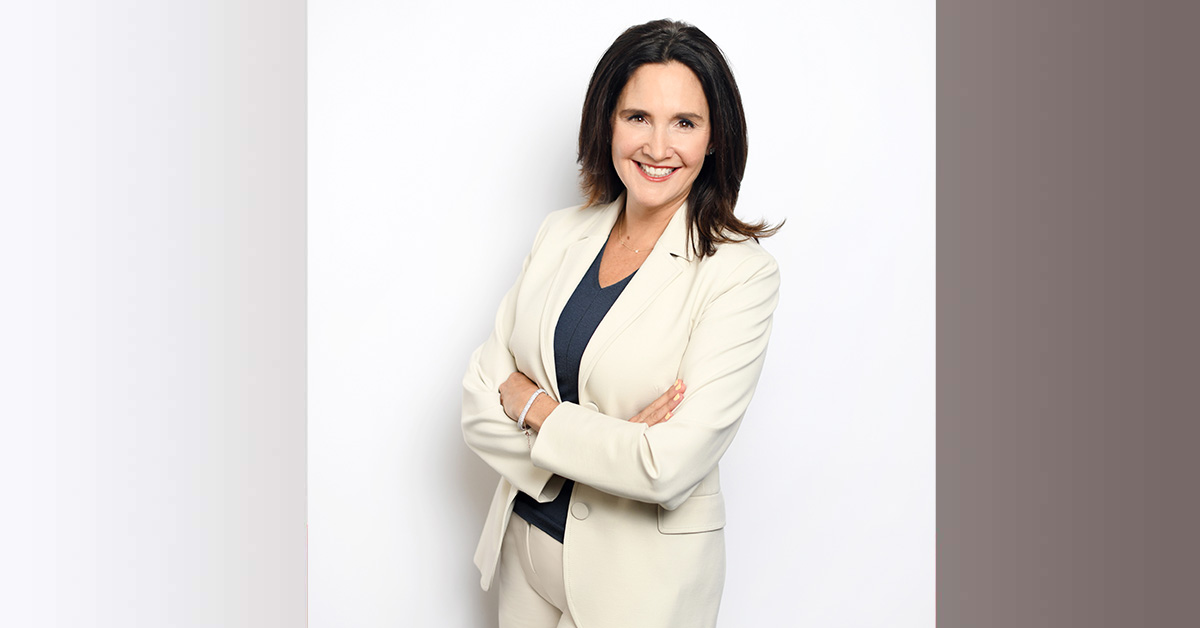When a board of directors opportunity knocks, it’s important to listen. Even if that knock comes when you’re just getting started. For Amy Langer, understanding and participating in governance roles came early—very early. Her first official experience was serving as chapter secretary for her youth 4-H Club.
“I was probably 12 or 13 years old,” Langer recalled. “I saw the executive committee where the officers made decisions, so I ran and was secretary of my 4-H club.”
Decades later, after a successful career as CEO and entrepreneur, Langer is a sought-after board member. She currently serves on three boards, and is recognized by Twin Cities Business with a 2022 Outstanding Directors Award.
We asked Langer for her insights on great boardroom culture, how executives can best move from operational to strategic roles, and why diversity is critical in today’s board landscape.
Building a Business on Expertise and Culture
Langer’s experience encompasses corporate consulting, executive leadership and the hands-on work of a founder and CEO. Trained in finance and accounting, she began her career at KPMG, then transitioned to a more traditional temporary staffing firm where she helped launch a new venture.
I think so highly of the expertise and strategic insight that Navigate Forward consultants bring to their highly personalized Board Readiness support.
Those early experiences helped her understand the importance of corporate fit in culture as well as capabilities. She found herself either loving the culture or the work, but not both in a single role.
Her learnings shaped Salo, the staffing firm she co-founded in 2002. Salo provides on-demand expertise in accounting, finance and human resources and is widely recognized for innovative culture, superior client service and workforce flexibility.
Professional Curiosity Creates Good Governance
Langer brings a similar lens on culture and fit to her own board work. Stepping back from day-to-day leadership of Salo in 2018 gave her more time to support other causes.
She currently chairs the HealthPartners board, and serves as a director for the Greater MSP Partnership. She’s also an emeritus board member of the Washburn Center for Children, where she was an active director and board president for more than a decade.
The most curious people make the best board members. A good culture is when board members show up prepared, but they don’t assume they know the answers.
A self-described “maximizer,” Langer likes complexity. She gravitates to service-based organizations with a growth trajectory. Whether it’s supporting her children’s school board, or chairing one of the region’s largest healthcare systems, she actively strives to leave the world a better place for future generations.
“I enjoy the strategic nature of issues and working through them to achieve the best possible outcome,” she noted. “I love leaving things better than when I encountered them.”
In the boardroom, she puts a premium on professional curiosity, because governance work requires constant learning, listening and asking smart questions. This sense of interest also contributes to an effective boardroom environment, where trust and camaraderie are essential.
“The most curious people make the best board members,” Langer explained. “A good culture is when board members show up prepared and having done the work, but they don’t assume they know the answers.”
Passionate About Diversity in the Boardroom
Diversity also drives Langer forward. She’s passionate about moving more leaders from under-represented segments into board seats.
“I believe strongly that diversity—whether it’s gender, race, background, education, life experience—better positions the organization. It’s also better for the community,” Langer said.
Making progress requires being intentional, which Langer does in two ways. First, she talks to boards, private equity groups and executive recruiters to make them aware that candidates of diversity are available. Second, she helps those candidates prepare to seize board opportunities.
I believe strongly that diversity better positions the organization. It’s all about how do we impart knowledge, help you prepare, so that if you have an opportunity, that you’ll be ready to seize that opportunity?
One example of that outreach are the “Women of Color” board cohorts sponsored by the Minnesota chapter of the Women Corporate Directors Association. These intensive sessions make tools, resources and expertise available to BIPOC senior executives interested in board roles. To date, 45 deserving women have benefitted from the program’s guidance.
“Navigate Forward has been an amazing partner in this,” she said. “It’s all about how do we impart knowledge, help you prepare, so that if you have an opportunity, that you’ll be ready to seize that opportunity?”
Tapping Outside Experts to Prepare for Board Roles
Langer experienced Navigate Forward’s support firsthand, through her own Board Readiness engagement. Initially, she was looking for help with a board bio, but found value in a number of other areas.
“After getting into it, you realize there’s a move from presenting your operational accomplishments to demonstrating your strategic thought with board work. It’s about how you think about yourself and your career,” she noted. “Navigate Forward did a really nice job helping me see that.
Langer worked with Patti O’Leary, Executive Consultant and Board Readiness Practice Lead. Together, they prioritized the best types of boards that would suit Langer’s skills and interests, then crafted a professional narrative tailored to board work. Having a compelling story and knowing the right audience to target helped accelerate Langer’s board search.
“I think so highly of the expertise and strategic insight that Navigate Forward consultants bring to their highly personalized Board Readiness support,” she said.
Is board service in your future? Download our helpful guide for candidates, Board Readiness Essentials, or learn more about our services.



